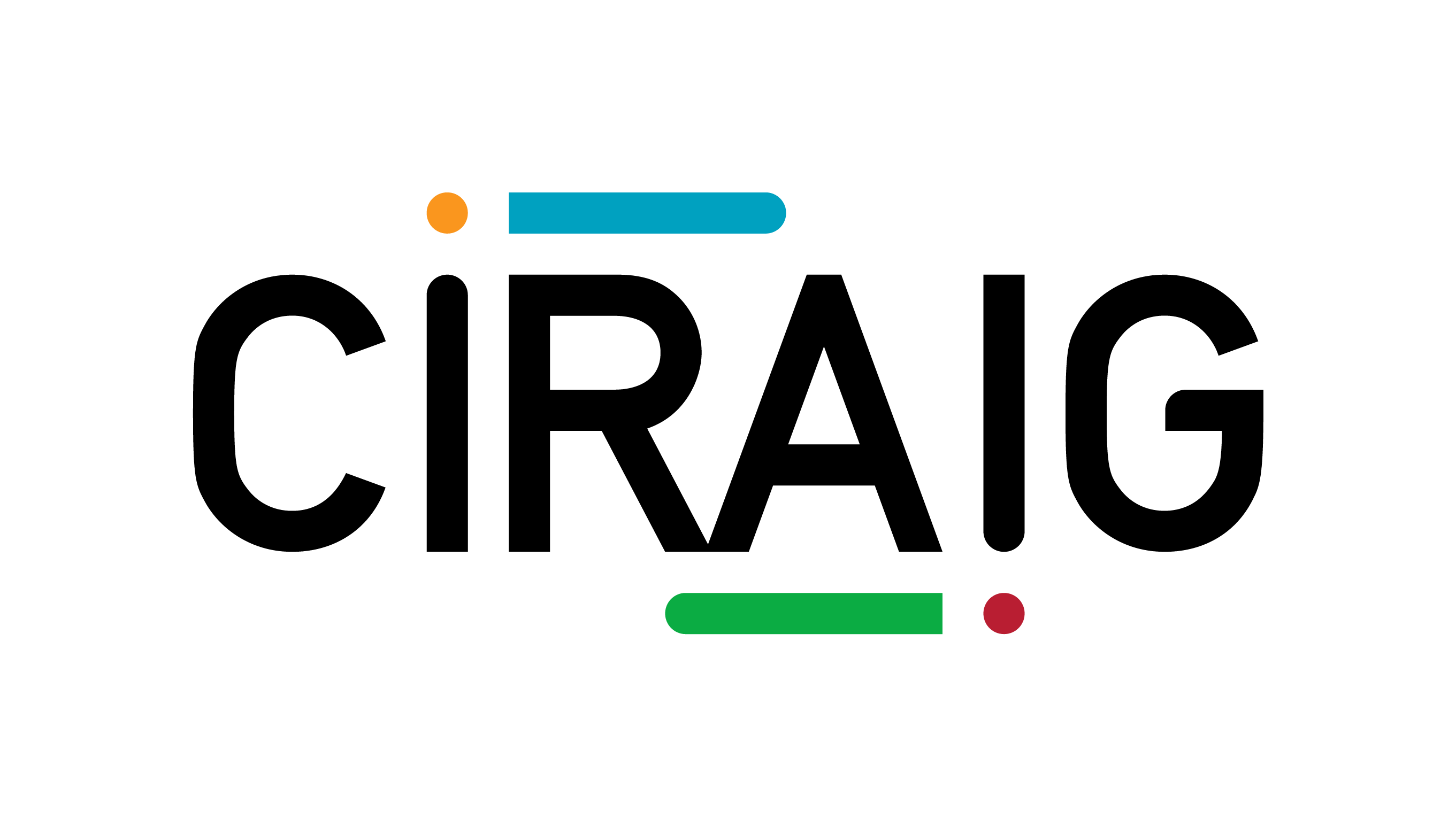Life cycle assessment of the environmental impacts resulting from the implementation of urban heat island mitigation measures

The Institut national de santé public du Québec (INSPQ) decided to draw on the expertise of the CIRAIG to conduct a life cycle assessment (LCA) of ten urban heat island mitigation (UHI) measures applicable to the residential sector. The goal was not to compare or evaluate the effectiveness of these measures, but rather to assess the other potential environmental impacts that result from their implementation and maintenance during a specified period. The options were therefore analyzed on an individual basis (implementation of a particular measure), without taking into account their temperature reduction potential.
This assessment was intended to:
- Make it possible to individually compare the UHI mitigation measures applicable to the residential sector with a baseline situation, which corresponds to the status quo (i.e. taking no action).
- Permit, if possible, a ranking of certain comparable measures according to their potential overall environmental performance.
- Facilitate the comparison of potential UHI mitigation projects (involving combinations of various individual measures).
This study was carried out in accordance with the requirements of International Standards ISO 14040 and 14044 for a LCA disclosed to the public and including a comparative assertion. It should be noted that this study was critically reviewed by a panel composed of a LCA expert and specialists in the fields involved in the study.





